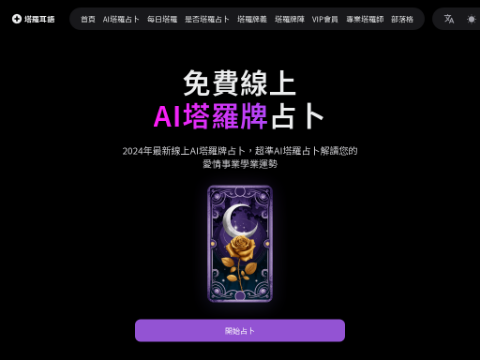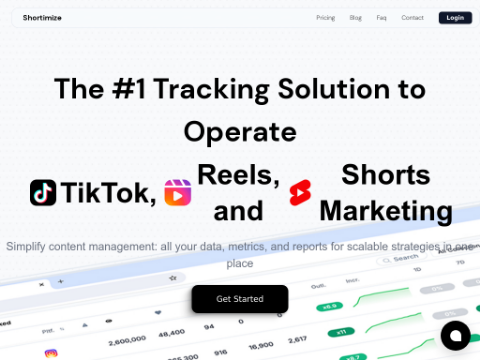As companies like OpenAI and Anthropic continue to promote the use of natural language for querying AI agents, drafting proposals, or creating images, London-based startup Basecamp Research has raised $60 million to explore new frontiers. The company is developing an AI agent capable of not only answering any questions related to biology and natural biodiversity but also generating novel insights beyond human capabilities.
Glen Gowers, co-founder and CEO of Basecamp Research, stated in an interview: "There is currently a significant data gap in training biological models. The models trained by some of the world's leading pharmaceutical companies have limited access to natural world data."
To date, Basecamp Research has partnered with over 100 organizations across 25 countries to expand the raw data in its database. Approximately 15 of these partners are utilizing its AI technology to develop new products. For instance, Procter & Gamble is using these models to design enzyme-based detergents capable of removing stains at low temperatures, while Colorifix is focused on developing more environmentally friendly fabric dye formulations.
Notably, Basecamp Research asserts that its fundamental model, BaseFold, surpasses DeepMind's AlphaFold 2 in accurately predicting large, complex protein structures and small molecule interactions—AlphaFold 2's developer has recently been awarded the Nobel Prize in Chemistry.
Basecamp Research is ambitiously building its biological AI from the ground up. Glen Gowers and his co-founder Oliver Vince, both PhDs in biology, met during their undergraduate studies at Oxford University. Vince explained that the name "Basecamp Research" originates from their time living on ice sheets conducting DNA sequencing with homemade hardware.
The field of biology encompasses hundreds of books, thousands of research papers, and petabytes of data accumulated over decades. However, much of this data is outdated, unstructured, and inconsistent. To develop its AI, Basecamp Research is meticulously gathering first-hand raw data to build models from scratch. Their goal is to create an AI that, leveraging the extensive breadth of accessible data, possesses deeper insights into biology than any human.
Gowers stated: "We take an exploratory approach—collecting data from around the world to understand phenomena like hot springs and volcanoes—and integrate this with AI programs focused on training large language models to effectively create a 'ChatGPT' for nature." The company has also built what is likely the largest computational cluster dedicated to the natural world to support this endeavor.
Similar to how ChatGPT excels at recalling information and answering questions in natural language, Basecamp Research has similar goals. The difference lies in the vastness of world information—Vince estimates that we have captured only about 1% of global biodiversity data—which means humans lack the capability to even formulate the right questions.
Andy Conrad, an investor from S32 and former CEO of Google Verily Life Sciences, remarked that Basecamp Research's platform can "address questions in the biopharmaceutical industry that have not even been considered."
Gowers continued: "Unlike systems that understand text or language, our platform comprehends the language of DNA and biology, enabling it to surpass human capabilities in biological design. We have traditionally been very poor at understanding DNA, so with sufficient data, these language models can truly excel."
The Series B funding led by European company Singular is part of a "long-term collaboration" with Dr. David R. Liu and Harvard-MIT's Broad Institute. The plan is to utilize these funds to further develop the company by collaborating with additional biomedical and research institutions and by collecting more data to expand their models.
Additionally, Basecamp Research's roadmap includes assisting organizations in drug discovery and addressing other major challenges that involve understanding and better utilizing the natural world.
Although they have existing commercial partnerships, the collaboration with the Broad Institute indicates potential future partnerships. Currently, Dr. Liu's laboratory is developing "novel fusion proteins and other macromolecules" for gene therapy, utilizing Basecamp Research's datasets in the process.
The company does not appear likely to release a user interface akin to ChatGPT. Gowers stated that they currently see more opportunities in the B2B sector rather than investing resources in developing consumer products. However, he added that this does not rule out such products in their future development plans.
Other companies building large-scale "scientific" models appear to adopt similar approaches. For example, Jua, which is developing extensive physical models, initially targeted organizations requiring deeper insights into weather patterns.
Basecamp Research did not disclose its valuation but mentioned that the Series B round was a premium round. To date, the company has raised $85 million, with previous investors including Hummingbird, True Ventures, and strategic investor Valo. According to PitchBook, its valuation in 2022 was $71 million.
The Series B financing round also included participants such as S32, Redalpine, André Hoffmann, Vice Chairman of Roche; Feike Sijbesma, Chairman of Royal Philips and former CEO of DSM; and Paul Polman, former CEO of Unilever.








